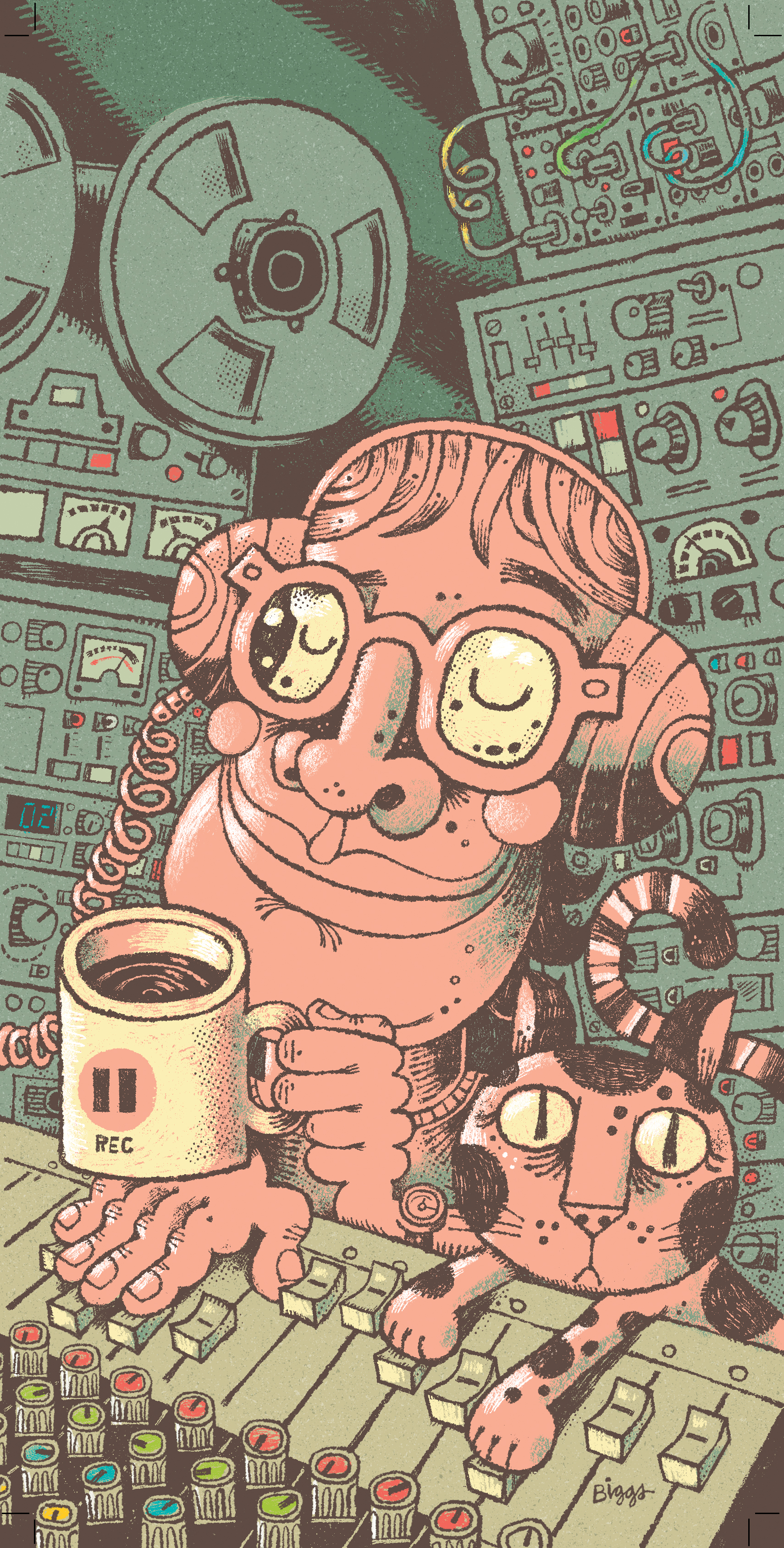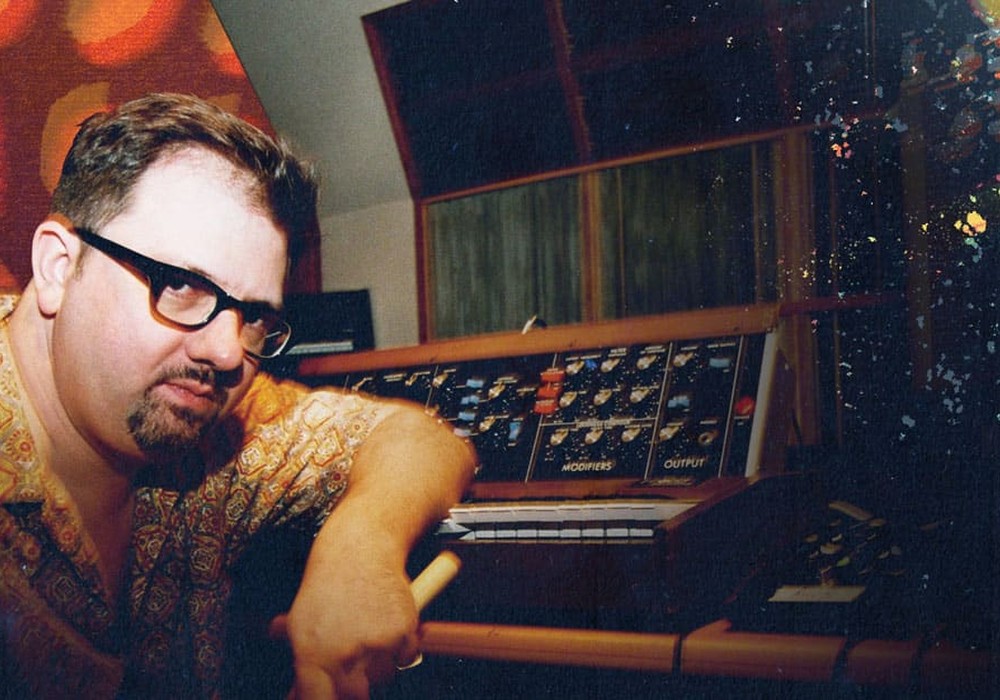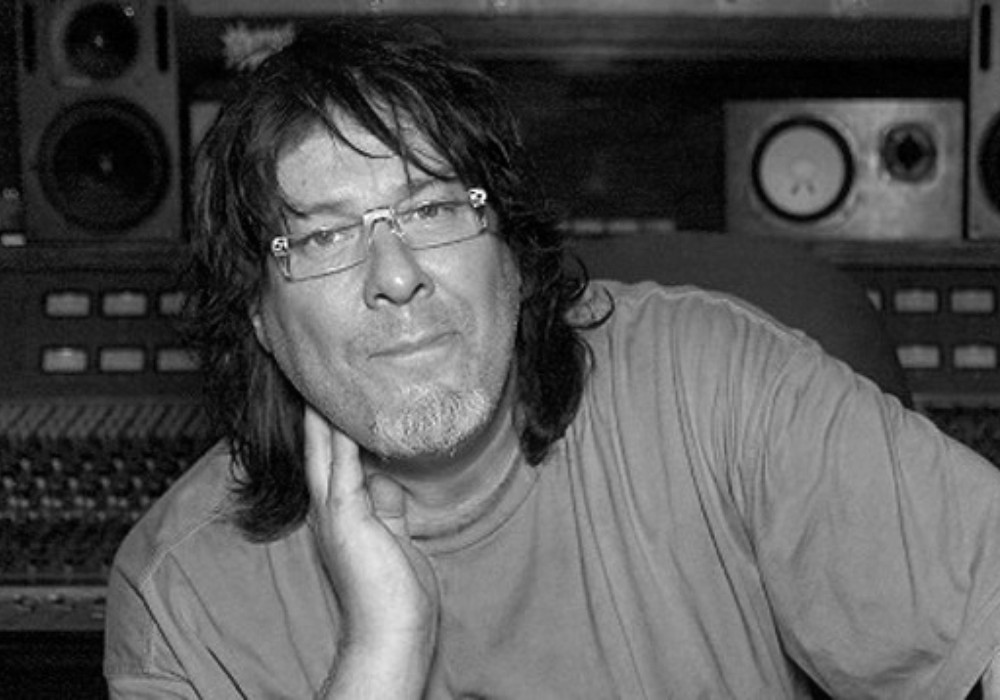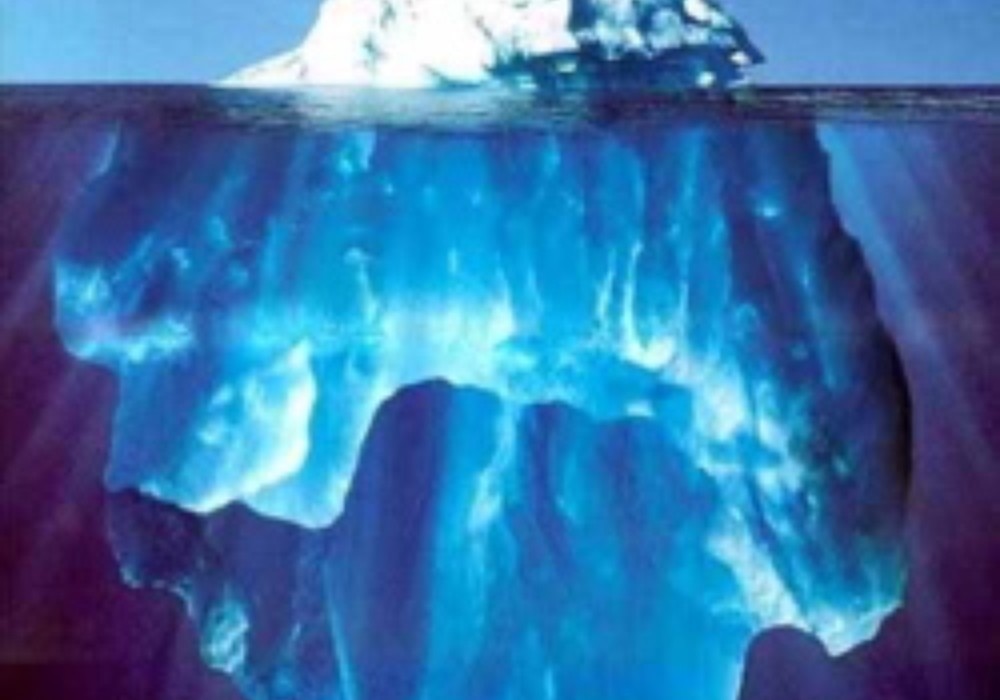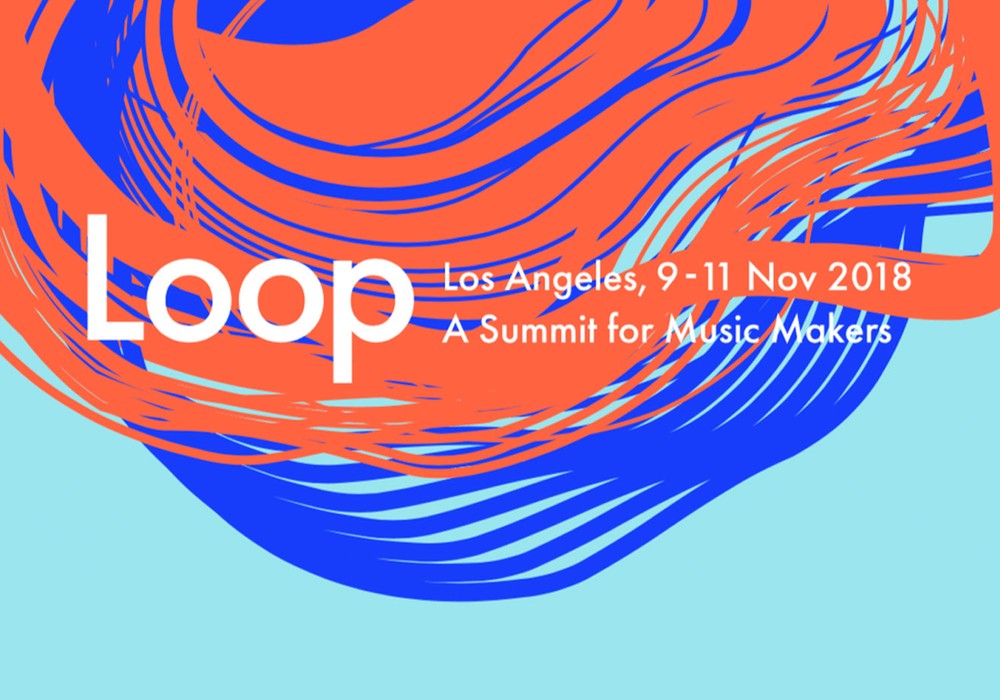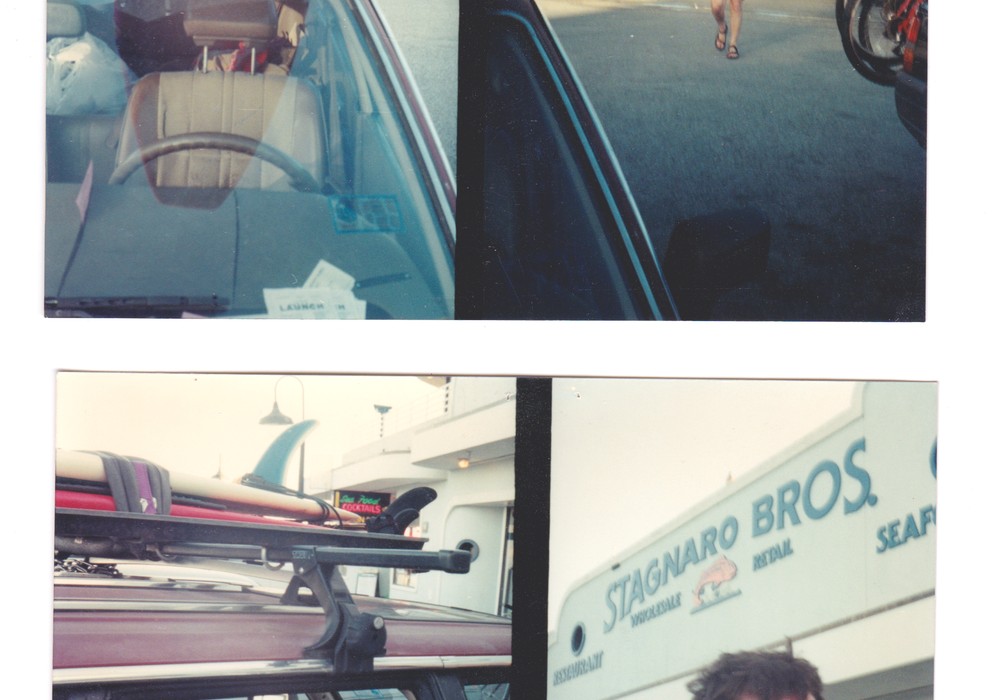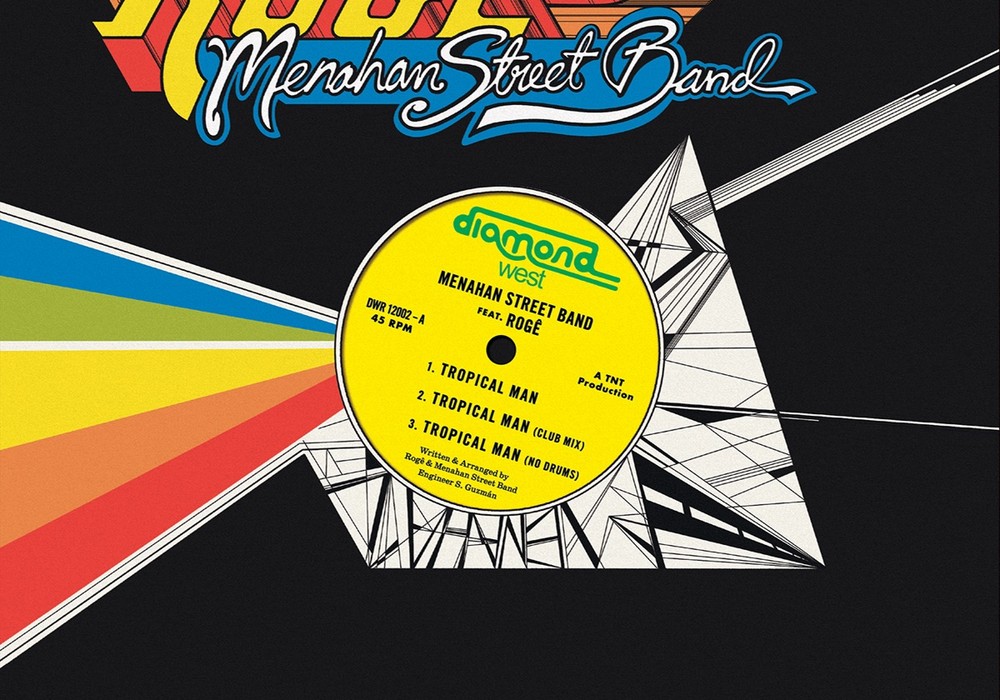Lord knows why I was up, but at 7 am on September 14, 2010 the Today Show was on my television. They had a special musical guest scheduled, legendary singer Robert Plant. Before performing, Mr. Plant, answered a few questions from NBC’s Carl Quintanilla. When asked what music inspired him, Plant mentions several genres, including “spook music.” WHAT? Did I hear that? Was I half awake? I vowed to check the web later that day to find out if I misheard. Well, he said it. But I had difficulty finding any reference to the incident online other than “tweets” from other people asking “did you hear that?” I was kind of bummed out. When I was growing up, the term “spook” was used to mean: government spies, ghosts, and a racist slur directed at blacks. I was convinced that Mr. Plant was referring to a type of soul or liberation music, and simply used a discriptor that would be appropriate in Britain. (Having English relatives, I can assure you that both sides of the pond use words very differently at times. You know, ‘one culture divided by a common language’). Hear for yourself at about 1 minute in. Within a few days there were people up in arms about it, which only makes sense. However, a little research turns up an interview Plant did with the Arizona Republic. The singer explains “contemporary spook music” as “atmospheric.” But this wasn’t an apology or a way to back pedal. Why? Because the interview ran a full TWO MONTHS before the Today’ Show appearance. The Arizona Republic by Larry Rodgers - Jul. 18, 2010 12:00 AM Excerpt: Q: Why did you choose the name of a band from before Led Zeppelin for this project? A: When I was a kid in the original Band of Joy, I wore my musical heart on my sleeve, and I really kicked ass, and that's kind of how I teamed up with Jimmy Page back then. I stepped out of the rank and file of performers. I've kept my vision of what . . . Led Zeppelin was, from album to album, in everything I've tried to do before, during and after that big time in my life. So when I got to playing with Buddy on the Alison Krauss tour, I began formulating an idea of going back to how liberated I felt when I was 17, 18, 19 years old. Whereas Strange Sensation (a Plant group that played Phoenix in 2005) was a contemporary spook (or atmospheric sound), this is much more in the kind of fantastic, organic spook, a freak-out of massive voices one minute and then strange, overdriven psychedelic guitar the next and then maybe the clatter and railing of old-time banjo. The full article can be seen here: So what are the lessons here? Well, first, don’t ask music types to be lucid at 7 AM. It may sound funny, but think about this. Had Plant explained himself with the same eloquence as in the Arizona Republic article, there wouldn’t have even been a flap about this! Second, Brits will bandy words like “spook” or “faggot” and mean something completely different than a U.S.-based speaker would. (At the same time, we say ‘bloody’ without any comprehension of the incendiary connotation it holds in the UK). Try to know what may or may not be appropriate where you going and you can save all kinds of issues (recall that I have British relatives - I say this from experience). Third, I think NBC should get Mr. Plant to go on the record to explain what he meant on the Today Show. It would help assuage the concerns of anyone who might be offended, and heck, it would probably help sell CDs, too. What do you think?
More Entries
Blog
Producer/Engineer Scotty Hard (Scott Harding) Needs Your Help
by Geoff Stanfield
(text from the Scotty Hard Trust website): Scott Harding is a highly accomplished New York City based music producer, engineer, and performer. Over the course of 20+ years, his rich and varied career has taken him to Africa, Europe, North America...
Blog
RIP Andy Johns
by Dave Middleton
Legendary British sound engineer and producer Andy Johns has died at the age of 61. During his more-than-thirty-year career, Johns worked with some of rock music's biggest names, engineering records for Led Zeppelin, The Rolling Stones, Eric...
Blog
The Possibility of Subconscious Auditory Effects in Audioworkers - A Case for Renewing Humility and Wonder in the Field of Professional Audio
by Allen Farmelo
Subconscious Auditory Effects (SAE) is a term I have cobbled together to encapsulate a broad range of phenomena in this barely-studied field of inquiry. An SAE is any measurable effect on a person caused by a sound, or change in sound, that is...
Blog
Ableton’s Loop 2018: A Summit for Music Makers
by Geoff Stanfield
On November 9-11, 2018, Ableton held their Loop 2018 conference in Hollywood, CA. Thom Monahan and I both went to check it out. Here’s some of what we experienced, starting with Thom. -JB It’s hard to imagine a music software company...
Blog
Surfing with Don Zientara
by Geoff Stanfield
By John BaccigaluppiPhotos by Cynthia Connolly If you haven't yet, check out Larry's review in this issue for some insight into the recently published book, The Inner Ear of Don Zientara. I hope you know who Don is. As Ted Nicely says in the book,...
Blog
New EP From Menahan Street Band
by Geoff Stanfield
June 21st marked the release of a new Menahan Street Band EP, Tropical Man. We interviewed band member Tommy Brenneck for Tape Op issue #147. Tropical Man is a six song EP that has just two songs, but multiple versions/mixes of each. Both...
Blog
Modular Synth Blog
by Larry Crane
Check out Ross Healy's VICMODBLOG on analog modular synths. He interviews "people who build and sell modular gear and forgotten electronic musicians." Cool stuff.
Blog
A Treasure Trove of Acoustic Information
by Larry Crane
My pal Ethan Winer is half of the company Real Traps and hosts a page of all sorts of articles and information about acoustics and control rooms at this site: Real Traps One of my favorite pieces nearly ended up in Tape Op Magazine but after I...
